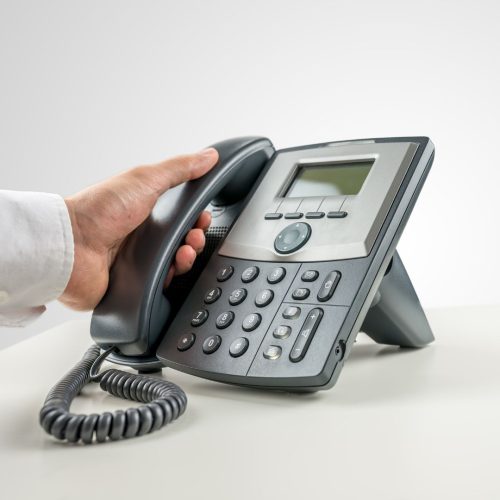Courtesy Calls That Change Everything: How Dealers Turned Collections Into Connection
Engaging Today’s Auto Buyers. For many Buy-Here, Pay-Here customers, seeing their dealership’s number flash across the screen is enough to send their heart racing—and not in a good way. It’s often the start of an uncomfortable conversation about a missed payment.
But for one dealership, those calls feel different. They’re not always about payments—more often, they’re simply a way to check in.
During an interview with a dealership, we learned that their team doesn’t wait for problems to call customers—they also reach out when things are going well. That simple habit has made a big impact.
A Conversation-First Approach
“Year over year, sales are up, charge-offs are down, and we’ve seen steady portfolio growth,” said the owner.
Alongside the general manager, the dealership implemented a system where two collectors make quarterly calls to each of their 1,100 active customers to say thank you, ask how things are going, and ensure everything is on track.
“About 70% of our customers are on autopay, so we don’t usually talk to them unless there’s a problem,” the owner explained. “These calls are a way to remind them that it’s not always bad news when we reach out.”
Flipping the Script on Collections
This strategy is part of a broader shift in how they view customer relationships.
“Most dealers make the salesperson the face of the dealership,” the owner said. “I want collections and customer service to be the voice. Sales can fluctuate, but a bad collections month? That’s harder to recover from.”
And it’s not just about goodwill—it’s a strategic move with measurable benefits.
Hidden Benefits in Small Talk
Beyond engagement, the calls help keep customer records up to date. A few months can bring big changes—new numbers, jobs, and addresses. Accurate information can make all the difference down the road.
“You’d be surprised what people are willing to share in a friendly conversation,” the general manager said. “It’s been a huge bonus.”
These insights have even shaped operational decisions. After hearing consistent feedback, the dealership extended its warranty from three months to a full year.
A Simple Idea with Big Impact
The idea first came up during a meeting, at a time when they were focused on boosting customer retention and reducing early payoffs.
“We just started brainstorming,” the owner recalled. “This is what we came up with. It’s turned out even better than we hoped.”
Initially, collectors were hesitant, unsure of how customers would respond. But once they found their rhythm, the tone changed. Now, the calls are part of the routine, and even the general manager steps in when needed.
Preventive Care for the Auto World
Some dealers have raised concerns: “Aren’t you opening a can of worms by calling when there’s no problem?”
The owner’s response: “Maybe. But it’s like going to the doctor for a check-up. It’s better to catch something small early than to deal with a bigger issue later.”
They call it preventive care, and it’s proving to be effective.
More Empathy, Better Collections
Perhaps the most surprising outcome? Collectors have become better listeners.
“With any good collector, listening is everything,” the general manager said. “When you call just to connect, people open up. They talk about their car, their payment situation, and even personal struggles. That kind of trust helps us serve them better.”
Engaging Today’s Auto Buyers. It Takes Time—But It’s Worth It
The team encourages other dealers to give the approach a try, but cautions not to expect overnight results.
“You’ve got to commit to it for at least a year,” the owner advised. “Collectors need to shift their mindset, and customers need to understand that sometimes, we’re just calling to say hi.”
In the end, it’s not just about making calls—it’s about building relationships.
And that’s exactly what’s keeping their customers—and their business—moving forward.

